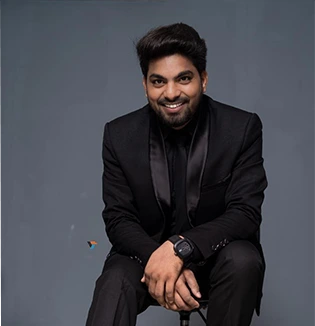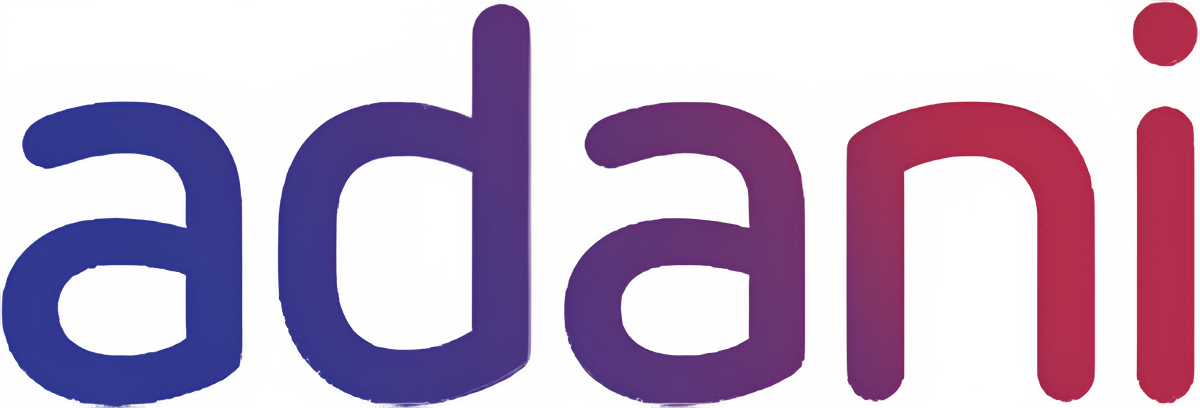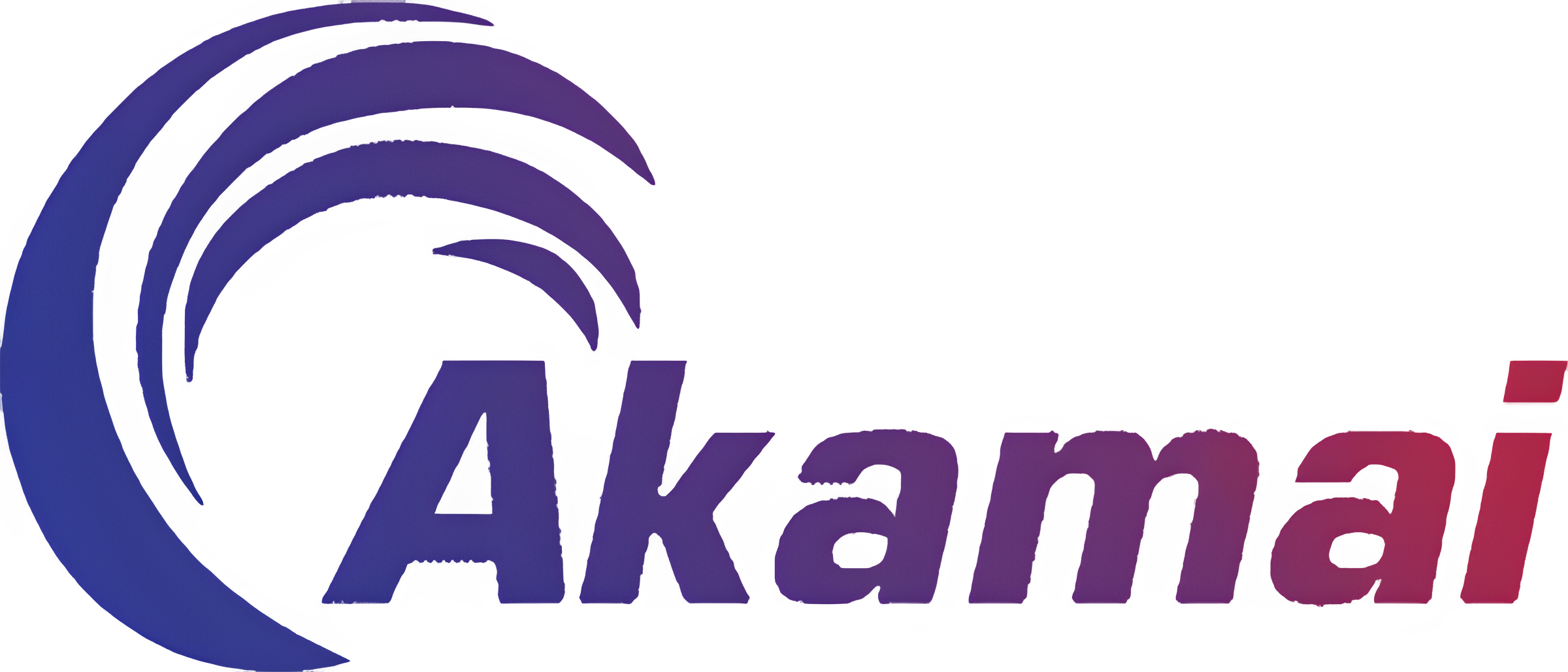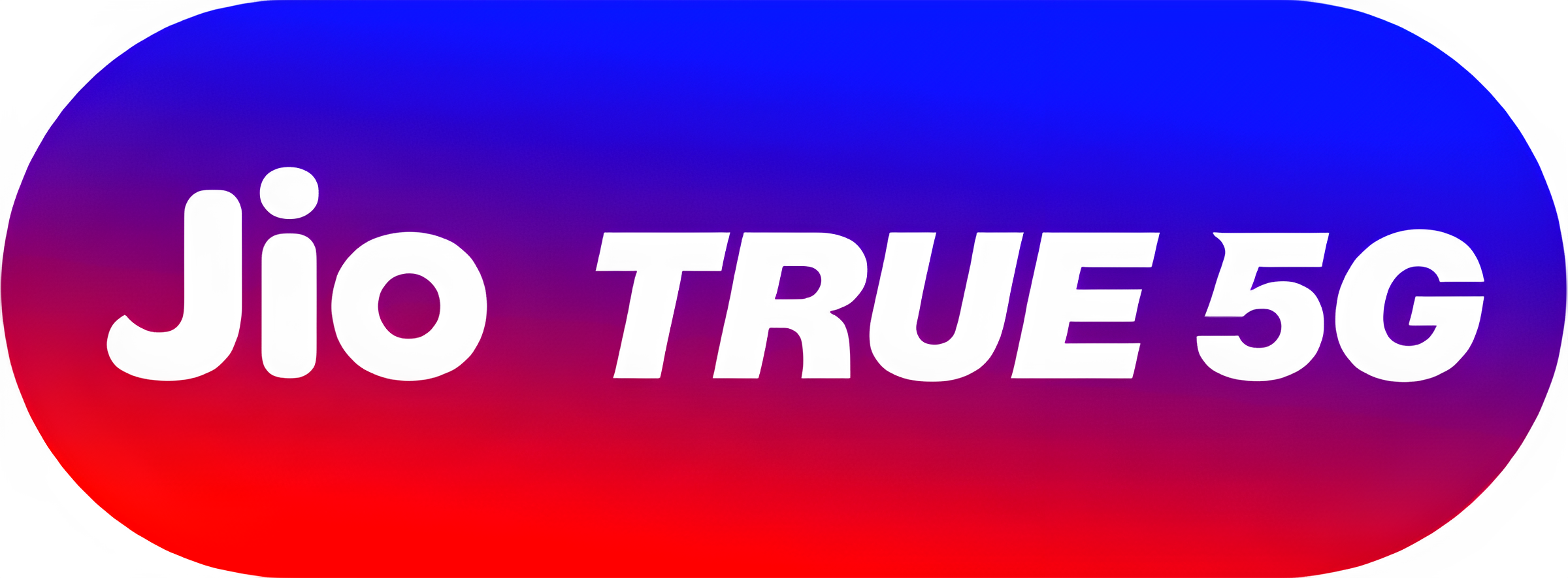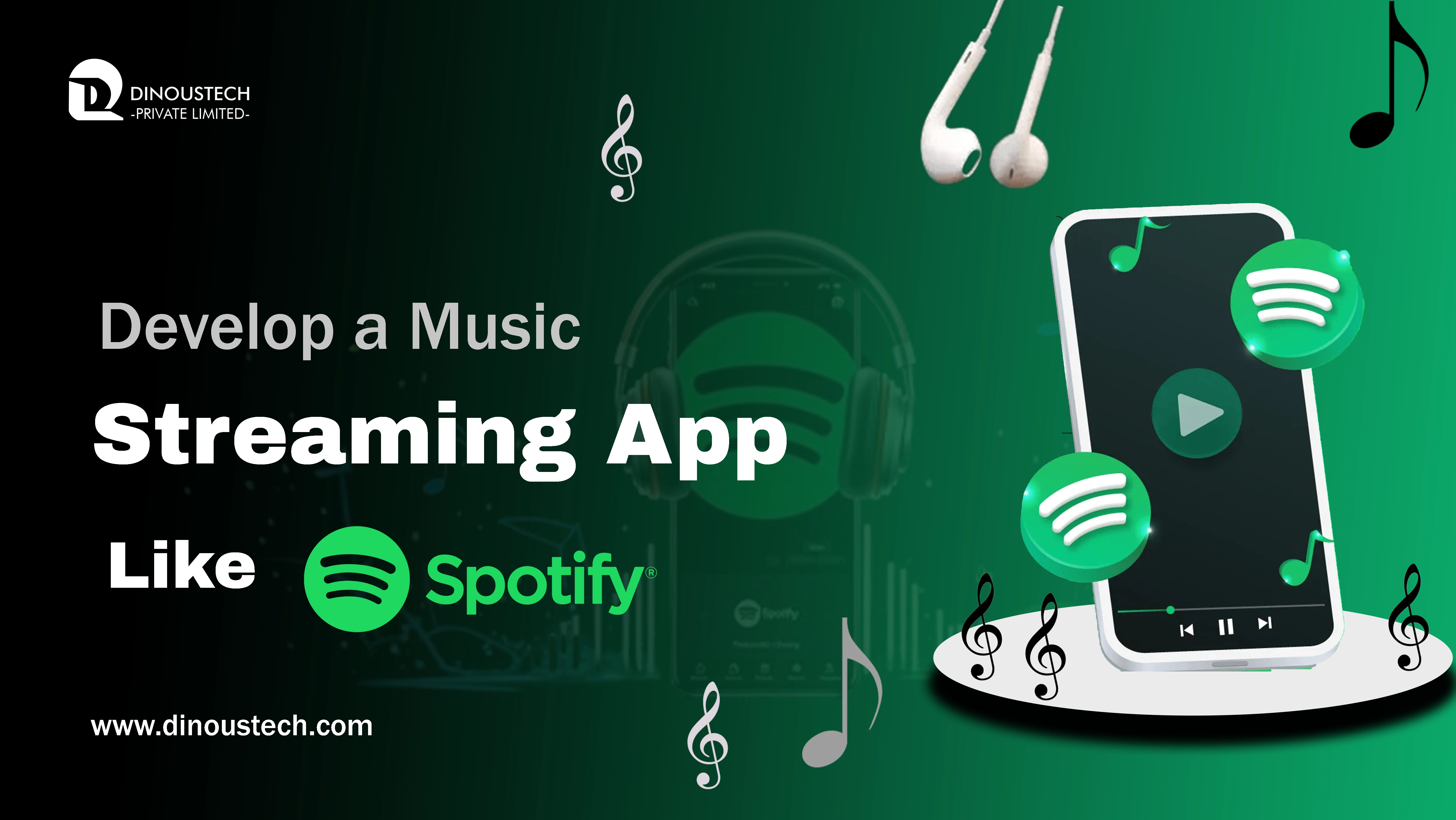Cost & Features to Develop a Music Streaming App Like Spotify
The global music streaming market has experienced sustained growth, with music streaming services accounting for 89% of total industry revenue and growing by 10.4% in 2023 according to IFPI’s Global Music Report. In 2024, worldwide streaming revenues reached a record USD 20.4 billion, underscoring the dominance of on demand audio consumption. Spotify, the market leader, reported €4.2 billion in Q4 2024 revenues and 675 million monthly active users, with 263 million subscribers, reflecting its broad reach and monetization success. Building a competitive app like Spotify requires integrating core features such as personalized recommendation algorithms, seamless offline playback, social sharing, and high quality streaming, supported by a scalable microservices architecture and robust security controls.
Development costs for a minimum viable product typically range from USD 45,000 to USD 250,000, depending on feature scope and vendor rates. Engaging with a specialized music streaming app development company or mobile app development company and choosing an affordable software development company model can optimize budgets while ensuring quality. whether you pursue a Spotify clone app development strategy or innovate with new social and AI driven functionalities, this guide explores everything you need to launch a successful music streaming platform.
Market Overview
Over the past decade, streaming overtook physical and download sales to become the primary revenue driver for the music industry. In 2023, global on demand audio streams reached 4.8 trillion plays, marking a 14% increase year on year and highlighting genre shifts such as the rise of female pop artists and regional Latin music. The market’s compound annual growth rate has remained above 10% for nine consecutive years, demonstrating enduring consumer appetite for accessible, on demand content. While Spotify leads with over half a billion active users, competitors like Apple Music, Amazon Music, and YouTube Music continue to innovate with exclusives and bundled services. Emerging markets in Asia Pacific and Latin America offer significant expansion potential, driven by improving internet infrastructure and increasing smartphone penetration. Understanding these global and regional dynamics is crucial for any on-demand app development initiative in the music sector.
Core Features and User Experience
A flagship music streaming app must deliver a frictionless and engaging experience. Personalized recommendation engines powered by collaborative filtering and deep learning help users discover new music tailored to their tastes. Offline playback ensures uninterrupted listening during commutes or limited connectivity zones, while adaptive bitrate streaming dynamically adjusts quality based on network conditions. Social features such as collaborative playlists and in app song sharing foster community, and live streamed events or artist Q&As can drive retention. High definition audio codecs (e.g., OGG Vorbis, AAC, FLAC) cater to audiophiles, whereas spatial audio and immersive sound formats represent the next frontier. Integration with wearable devices and smart speakers via standardized APIs expands accessibility. For those pursuing Spotify clone app development, emulating these features is foundational; however, opportunities exist to differentiate through niche content, localized curation, or unique social mechanics.
👉 Also Read: - Make a Logistics App Like Porter for Hyperlocal Deliveries
Technology Stack & Architecture
Underpinning a scalable music app is a microservices architecture that decouples services user management, catalog search, streaming, recommendations, and payments into independently deployable components. Containerization via Docker and orchestration with Kubernetes provides automatic scaling and resilience. On the backend, Node.js or Java/Spring Boot services handle API requests, while Python or Scala microservices power machine learning pipelines. A hybrid database approach uses PostgreSQL for relational data and Cassandra or MongoDB for high volume, low latency instrumentation such as play counts and user interactions. Kafka or RabbitMQ manage asynchronous tasks like playlist generation and notification dispatch. Content Delivery Networks (CDNs) such as Cloudflare or AWS CloudFront cache and deliver audio segments globally, reducing latency. Cross platform mobile frameworks like React Native or Flutter streamline Android v/s iOS App development, with native modules for platform specific optimizations. Partnering with a seasoned mobile app development company ensures your architecture balances performance, cost, and maintainability.
Security & Compliance
Trust is paramount when streaming copyrighted content and processing payments. Implementing end to end TLS encryption secures data in transit, while AES 256 encryption protects sensitive data at rest. Multi factor authentication (MFA) fortifies user accounts, and OAuth 2.0/JWT protocols secure API endpoints. Regular vulnerability assessments and third party penetration tests should be conducted to identify and remediate risks. Compliance with digital rights management (DRM) requirements, such as Microsoft PlayReady or Apple FairPlay, ensures licensed content protection and reduces piracy. Integration with PCI DSS–certified payment gateways safeguards financial transactions, and adherence to regional privacy regulations (GDPR, CCPA) maintains user trust. These measures are essential offerings from any music streaming app development company aiming to deliver enterprise grade security.
👉 Also Read: - How to Make Learning App Like BYJU’S or Unacademy
Monetization Strategies
Subscription models remain the cornerstone of monetization, with freemium tiers offering ad supported listening and premium tiers providing ad free playback, offline access, and higher audio quality. Advertising revenue, driven by dynamic ad insertion and listener analytics, complements subscription income. Branded content such as sponsored playlists, artist takeovers, and in app event promotions opens additional revenue streams. Affiliate partnerships and white labeling agreements with telecom carriers or device manufacturers can accelerate user acquisition. Microtransactions for virtual gifts during live streams or exclusive digital merchandise capitalize on fan engagement. For platforms targeting niche audiences or regional markets, pay per download and single track purchases still have a role. An affordable software development company approach can help startups experiment with varied monetization models while controlling costs.
Development Process & Best Practices
A successful music streaming app development journey begins with discovery workshops to define user personas, feature priorities, and technical constraints. Rapid prototyping of key screens validates design assumptions, followed by agile sprints for iterative development and continuous integration. Achieving 80% code coverage with unit, integration, and performance tests reduces defects and ensures system stability under load. Beta testing with target user segments uncovers real world usage patterns and feedback. Clear API documentation and modular code practices facilitate long term maintenance and cross team collaboration. Ongoing DevOps practices automated deployments, infrastructure as code (IaC), and monitoring dashboards support rapid feature roll outs and quick incident response. Engaging an Affordable Software Development Company model offers flexibility in team scaling and budget allocation throughout these phases.
👉 Also Read: - Make an App Like Instagram for Photo Sharing & Reels
Cost Estimates & Budgeting
Estimating the cost to develop a mobile app like Spotify depends on feature complexity, platform choices, and vendor rates. A basic MVP covering user authentication, catalog browsing, playback, and playlist creation can range from USD 45,000 to USD 70,000. Adding advanced features AI driven recommendations, social sharing, offline downloads, and multi quality streaming can push budgets toward USD 150,000–250,000. Enterprise scale solutions with live content streaming, extensive analytics, and global CDN integration may exceed USD 300,000. Regional development rates vary: offshore teams in South Asia may charge USD 25–50/hr, while onshore North American teams command USD 100–200/hr. Budgeting for ongoing maintenance security patches, content licensing, and feature updates should account for 15–20% of initial development costs annually. Partnering with a Spotify clone app development specialist or music streaming app development company that offers transparent, fixed price packages can mitigate budget overruns.
Marketing & Growth Strategies
Launching a music app requires multi channel marketing. App Store Optimization (ASO) ensures visibility for keywords like “music streaming,” “offline playback,” and “playlist maker.” Influencer partnerships and curated playlist promotions can drive organic downloads. Social media campaigns showcasing exclusive content or artist collaborations generate buzz. Referral programs rewarding users for inviting friends amplify network effects. Email and push notification campaigns announce new features, playlists, and live stream events to sustain engagement. Data driven user segmentation allows targeted offers, while A/B testing refines messaging and in app prompts. Leveraging analytics to monitor daily active users, churn rates, and average listening time informs continuous optimization. An on-demand app development mindset iterating rapidly based on feedback helps maintain relevance in a fiercely competitive space.
Conclusion
Developing a music streaming platform akin to Spotify demands a harmonious blend of market insight, feature rich user experiences, scalable architecture, and robust security. whether you partner with an established music streaming app development company, a specialized mobile app development company, or engage an affordable software development company model to manage budgets, success hinges on clear vision and disciplined execution. by focusing on personalized discovery, high quality streaming, sustainable monetization, and continuous iteration, you can launch a compelling Spotify clone app development solution that resonates with today’s music lovers and positions your service for lasting growth.
Dinoustech Private Limited is ready to bring this vision to life leveraging our expertise in on demand app development and end to end mobile solutions to make your music streaming app a reality.
